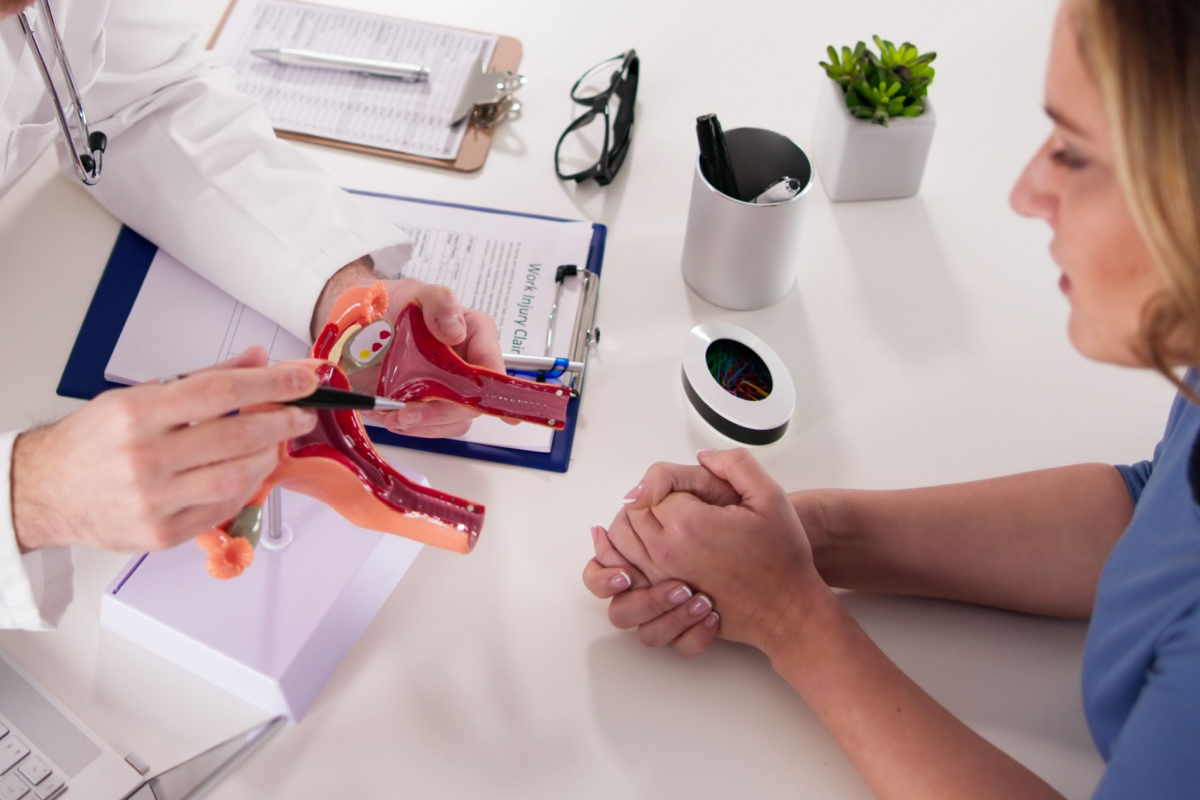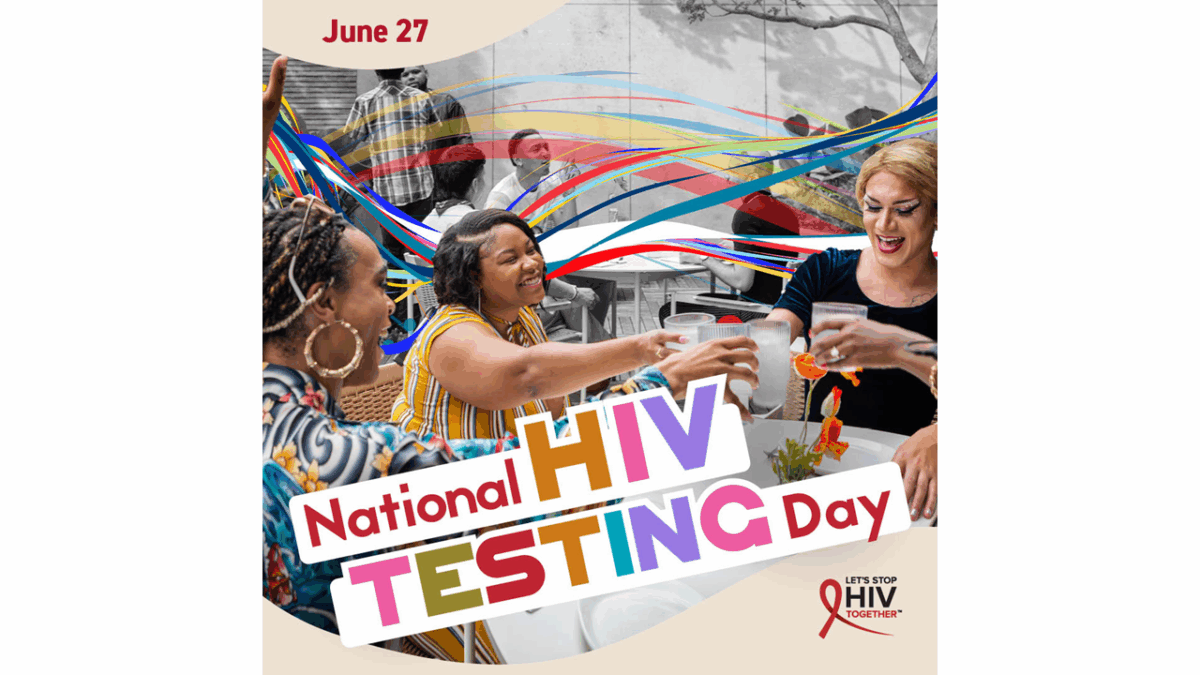Compounding pharmacies perform the necessary role of preparing prescription medications on a patient-by-patient basis in customized formulations, to ensure the drug can be administered to – and tolerated by – the individual. Pharmacists who specialize in compounding ingredients are capable of personalizing medications in a variety of ways; the compounder can change the form of a medication (for example, from a solid pill to a liquid), remove non-essential ingredients from medications to accommodate someone with an allergy, or add a flavouring to a liquid medication in order to increase the palatability of the drug for a child.
Historically, compounding pharmacies have been free from US Food and Drug Administration (FDA) oversight, and were instead regulated at a state level in much the same way as other pharmacies. In 2013, following the death of 63 patients from meningitis which was traced back to a compounding pharmacy, the government agency signed the Drug Quality and Security Act (DQSA) into law, under section 503B of the Food, Drug & Cosmetic (FD&C) Act, in an effort to better regulate compounding pharmacies.
The new law outlined an increase in FDA oversight of so-called ‘non-traditional’ compounding facilities – also known as outsourcing facilities. The main distinction between a compounding pharmacy and an outsourcing facility is that the compounded drugs may or may not be made in response to a specific patient’s prescription. An outsourcing facility can distribute their products out of state and may choose to produce specialized medicines in larger quantities compared to compounding pharmacies, in anticipation of future orders.
Currently, registering as an outsourcing facility with the FDA is a voluntary process which costs tens of thousands of dollars in annual fees. Registration also exposes a facility to federal oversight, including inspections and imposed compliance with regulations. Despite these perceived negatives, once an organization is registered as an outsourcing facility they are eligible for certain drug-approval exemptions, of which large-scale pharmaceutical manufacturers are subjected.
While the FDA has issued guidance on what types of compounding facilities should register under section 503B, many compounding pharmacies are unsure of whether their organization is eligible for exemptions and if those benefits would outweigh the FDA scrutiny. Still other compounders have registered with the agency, but are struggling to comply with stricter regulations.
Regardless of the current status of any compounding pharmacy, the following are the top two issues currently affecting professionals in the industry today. If you’d like to learn more about the FDA’s expectations for 503B-registered outsourcing facilities, register for the upcoming webinar where speaker Doyle Smith, a Compliance Specialist with Compliance Insight Inc., will be helping compounding pharmacy owners and operators solve their top issues. Take the Xtalks Compounding Pharmacy Quiz to determine if your pharmacy might qualify to register as an outsourcing facility!
503B Registration Filing
In order to register as a 503B outsourcing facility, a compounding pharmacy must meet a number of requirements. According to the FDA, “The law defines an outsourcing facility as a facility at one geographic location or address that is engaged in the compounding of sterile drugs; has elected to register as an outsourcing facility; and complies with all of the requirements of section 503B.”
There are nine notable requirements listed by the agency as necessary for a company to qualify as an outsourcing facility:
- Drugs are compounded by or under the direct supervision of a licensed pharmacist.
- The facility does not use “bulk drug substances” for compounding (unless certain exceptions apply) and the manufacturing facility is registered with the FDA.
- Other ingredients used in compounding any drugs must be in compliance of the standards set forth by the applicable U.S. Pharmacopeia or National Formulary monograph, if available.
- The drug is not listed on a document published by the FDA outlining unsafe or ineffective drugs.
- The drug is not considered to be “essentially a copy” of one or more marketed drugs, as defined in section 503B. Outsourcing facilities face narrower exclusions compared to “traditional” compounding sites.
- The drug is not considered by the FDA to present “demonstrable difficulties” for compounding.
- The compounding pharmacist establishes that they will use controls comparable to those outlined by a risk evaluation and mitigation strategy (REMS).
- The drug will only be distributed by the originating outsourcing facility, and is not be sold by any other entity.
- The label of the drug includes the information that it is a compounded drug, along with the name of the outsourcing facility where the drug was produced, the lot or batch number of the drug, dosage strength and form, and other important information.
The FDA also requires that the facility comply with CGMP requirements, participate in FDA inspections as well as report adverse drug events and other pharmaceutical information about the compounded products to the government agency.
FDA 483/Warning Letter
For those compounders who have already registered under section 503B, many are concerned with ensuring compliance with FDA regulations, and being adequately prepared for looming FDA inspections. Of the 54 compounding pharmacies registered as outsourcing facilities, all of the facilities that have already undergone an FDA inspection have received a Form 483, with many having received a warning letter.
The top ten issues cited by FDA inspectors all correspond to issues with sterility:
- Insufficient facilities controls pertaining to smoke studies
- Insufficient environmental monitoring practices of facility and workers
- Inadequate laboratory procedures and proper controls, including inadequate definition of a “batch” and sampling procedures
- Lack of Standard Operating Procedures (SOP) to prevent contamination of drugs by microbial pathogens
- Insufficient variance and deviation controls and an absence of adequate investigation
- No stability program in effect or program does not support beyond use dating
- Validation of sterilization in final stages along with media fill design
- Insufficient cleaning and programs for disinfection of equipment
- Batch release lacking testing for pyrogens, sterility, potency, and identity
- Lacking preventative maintenance and proper calibration of equipment
Since FDA regulators are now holding outsourcing facilities up to similar standards previously reserved for pharmaceutical manufacturers, it’s crucial that these compounders have GMPs in place to ensure compliance.
Other Issues
There are a multitude of other issues facing compounding pharmacies considering registration with the FDA, and currently-registered outsourcing facilities – including sterile area expectations, quality systems, standard operating procedures (SOPs), quality training and process/equipment validation. To learn more about these pressing issues and what your compounding business can do to ensure compliance, register for the FDA Expectations for 503B Outsourcing Facilities webinar today.
Has your company already registered as an outsourcing facility under the FDA’s section 503B? Or do you plan on keeping your designation as a compounding pharmacy? Share your thoughts on these regulations in the comments section below!
This article was created in collaboration with the sponsoring company and the Xtalks editorial team.












Join or login to leave a comment
JOIN LOGIN